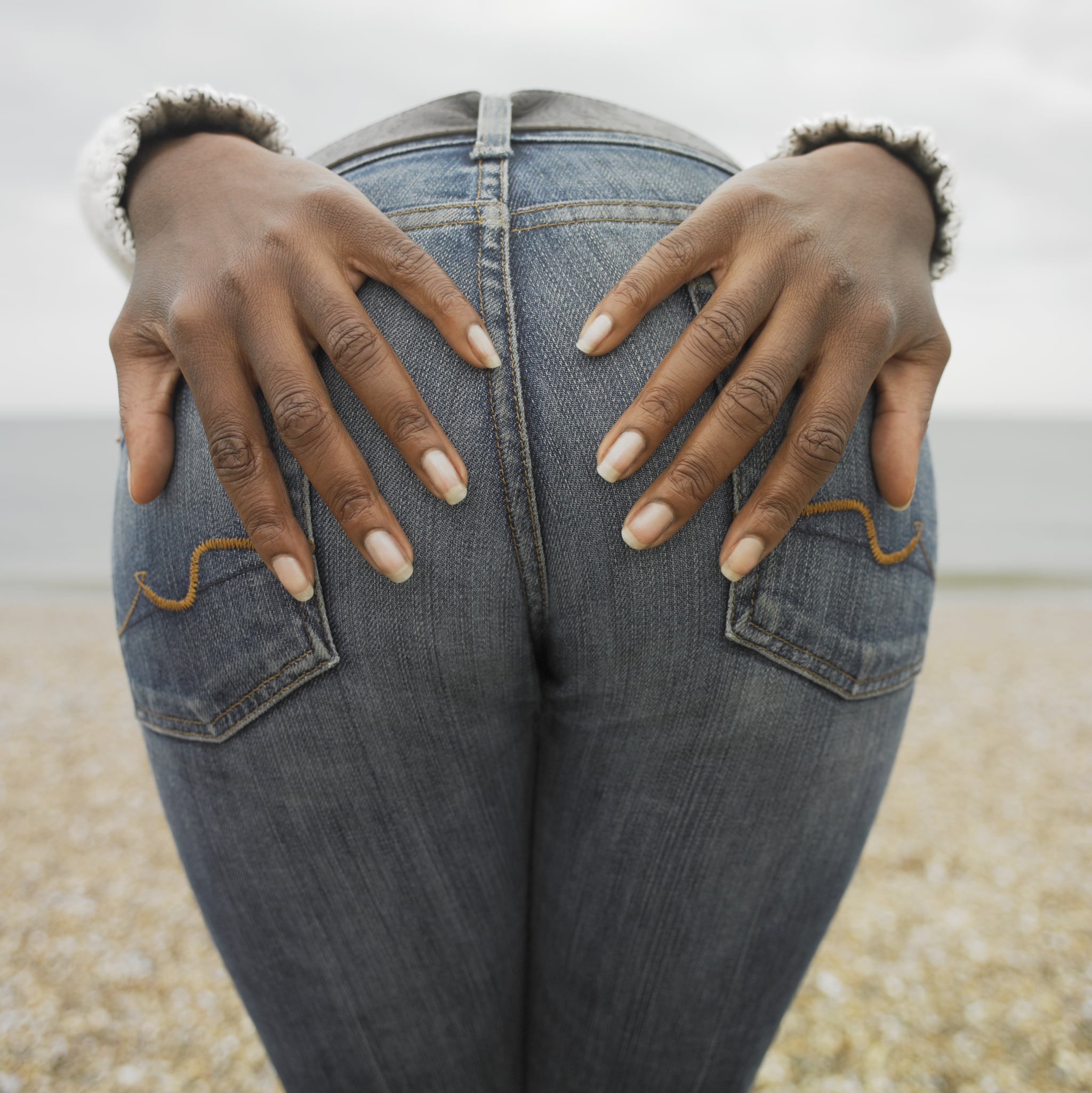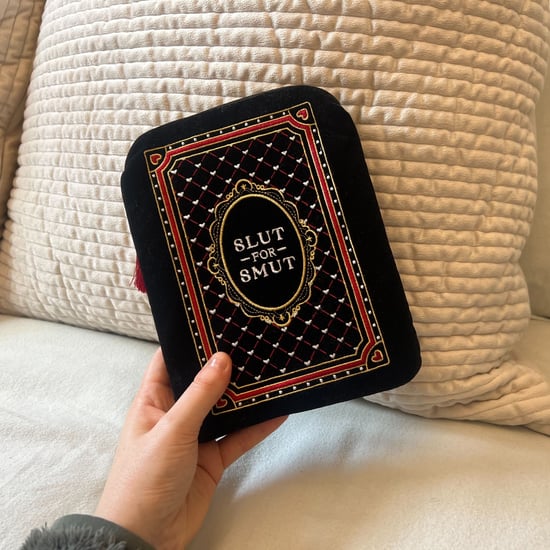The BMJ Is Worried About Women Having Anal Sex
Lots of People Enjoy Anal Sex — So Why Is There Still So Much Stigma Among Doctors?

Anal sex has always been extremely stigmatized and filled with misconceptions like it's "dirty," "gross," or a sexual experience reserved exclusively for those of a certain sexual orientation. However, these thoughts couldn't be further from the truth.
Certified sex therapist Aliyah Moore, PhD, says people likely think this way because "women, as natural vulva owners, have always been known to have sexual intercourse in the most conventional way, and that is through their vaginas." But she also adds that it has to do with the fact that, "we live in a culture that continues to associate anal with homosexuality, and where homophobia very much persists." Thinking this way, however, not only perpetuates a harmful and sex shame-y narrative, but it could also prevent you from exploring a sexual act that can elicit lots of pleasure.
Some medical professionals aren't exactly helping combat the stigma either, though. The British Medical Journal (BMJ) just published an article meant to call out the stigmatization of anal sex among clinicians and educate people about the health risks associated with anal sex, including "increased rates of fecal incontinence and anal sphincter injury." The problem is, in the reporting, the writers of the study use harmful language themselves that appears to shame those who engage in anal sex.
For starters, the study refers to anal sex as a "risky sexual behaviour" because frequent binge-drinking has been associated with engageing in anal sex. But while anal sex can be risky if you don't know what you're doing, so can any other type of sex. Dr. Moore notes that, specifically with anal sex, "the anus cannot naturally lubricate itself to reduce discomfort and friction-related concerns, such as skin injuries." Engageing in anal sex also increases your risk of contracting or transmitting STIs if you and your partner don't use proper protection.
"The label itself can increase shame, and therefore decrease the likelihood of a person freely talking to a doctor about any issues or concerns around anal sex."
Though the BMJ authors are likely using the word "risky" to make people aware of the reasons mentioned above, clinical psychologist and intimacy coach Lori Beth Bisbey, PhD, says it might have the opposite effect. "The label itself can increase shame, and therefore decrease the likelihood of a person freely talking to a doctor about any issues or concerns around anal sex." If people feel shame around having anal sex — enough to not want to talk to a doctor about the harms or risks of having it — this could be the reason why anal sex is resulting in "anal pain, bleeding, and fissures," as the BMJ notes.
The BMJ also states that "hit television shows such as 'Sex and the City' and 'Fleabag' may unwittingly add to the pressure, as they seem to normalize anal sex in heterosexual relationships or make it appear racy and daring." This is simply inaccurate. Dr. Moore says, "even though anal sex is presented normally in TV shows, the act itself springs from our freewill to indulge and experience it firsthand."
In fact, Dr. Bisbey says seeing anal sex on screen may actually decrease the stigma and help normalize it, which would "make it far easier for people to learn about a sexual activity and make choices that suit them."
Using the language that these shows "seem to normalize anal sex in heterosexual relationships" implies that there's something wrong with anal sex being normalized in heterosexual relationships in the first place. But if anal sex brings someone pleasure and is done in a safe, consensual way, there shouldn't be any issue at all with it being a normal part of your sex life. It's also no one's prerogative but your own to dictate what should or shouldn't bring you pleasure.
What is considered "normal" in your sex life is completely subjective. Some people may enjoy BDSM, while others may never engage in a sex position besides missionary. Some people don't like penetrative sex at all. Some people may enjoy anal sex, while other people may not. Because all people and bodies are different, what incites sexual pleasure for one person is going to look different than what incites pleasure for another.
So what's the solution? "Establishing healthy and unbiased knowledge-sharing would help normalize anal sex more while being able to provide valuable information on how to practice safe anal play," says Dr. Moore. This starts with clinicians having conversations with their patients directly about anal sex and necessary precautions — a practice, the BMJ admits, that many doctors fail to do because of avoidance or stigma.
As a brief educational aside, you should always, always, always have lube readily available to apply during anal sex, because your anus does not naturally produce any lubrication the way your vagina does. Condoms will also help to prevent STI transmission, and you should only engage in anal sex (or any sex for that matter) when you aren't impaired by drugs or alcohol. This allows you to fully consent to everything that's happening, and also have a better grasp on your pain tolerance for when you need to halt or hit pause. You can read more about how to prepare yourself for anal sex here.
As the BMJ notes, "with better information, women who want anal sex would be able to protect themselves more effectively from possible harm, and those who agree to anal sex reluctantly to meet society's expectations or please partners, may feel better empowered to say no." This is something we both can agree on. But the language surrounding anal sex that implies it's a particularly "risky sexual behaviour" or an abnormal sexual experience has got to stop.
It's OK to be curious and want to engage in sexual acts, kinks, and fetishes. What's not OK is stigmatizing anal sex as some sort of radical act that is dangerous, gross, or abnormal. After all, if something brings you pleasure or piques your interest even slightly, it deserves to be explored. And if you decide that thing (whether it be anal sex or not) is uncomfortable or just not for you, that should be your decision alone.







